News Archive
-

Combat trauma and PTSD may create risk for Intimate Partner Violence in military families.
Transitioning out of the military can be a stressful period as veterans learn to re-adapt to the financial, social and other unforeseen challenges of civilian life. What’s more, the trauma of combat can often have negative effects on servicemen and women who are struggling to adjust to life outside of the military.
-
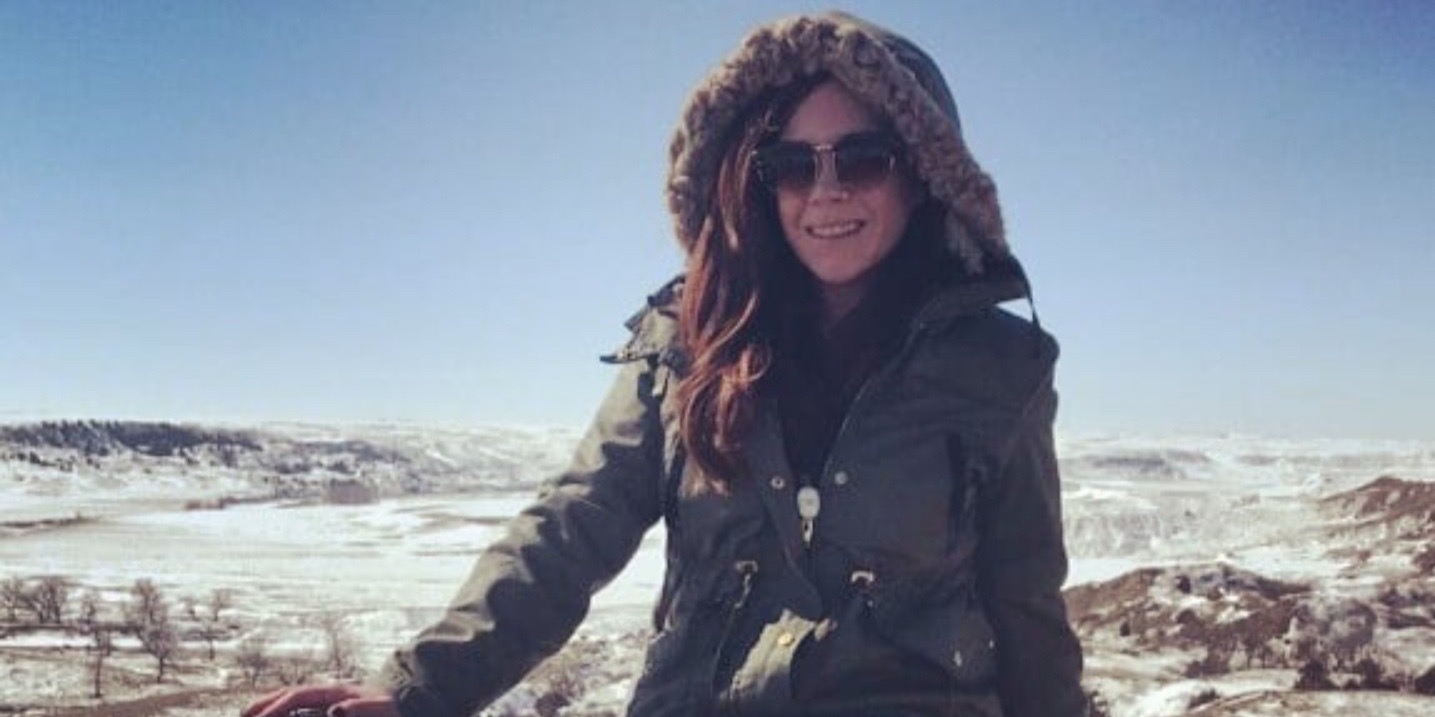
Simone Webster, MSW ‘18, is leveraging her social work skills and her passion for indigenous cultures to provide mental health care to South Dakota’s Lakota Sioux youth population.
“When I began my MSW, I didn’t have any experience working on the ground with vulnerable populations,” said Simone Webster, MSW ‘18. “Because I was used to approaching issues from a research standpoint, I struggled to see myself as a social worker.”
-

Findings from a study conducted by researchers at the USC Edward R. Roybal Institute on Aging at the USC Suzanne Dworak-Peck School of Social Work suggest that higher dementia prevalence among racial and ethnic minorities—particularly among Latinos—is connected to lower educational attainment.
-
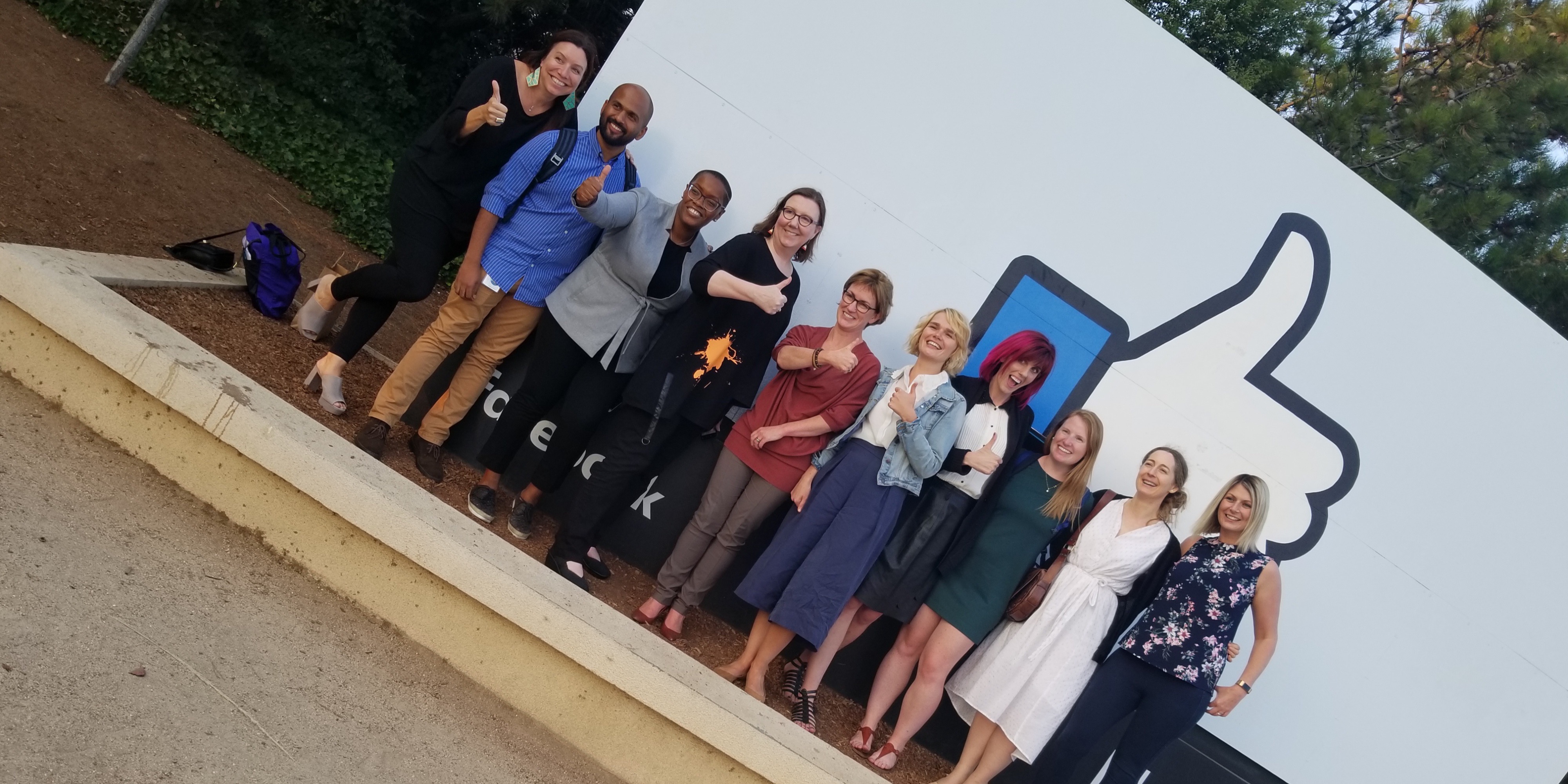
Clinical Associate Professor Kristen Zaleski sheds light on the harmful psychological effects of non-consensual image sharing—and what can be done to alleviate the phenomenon of online sexual harassment.
-
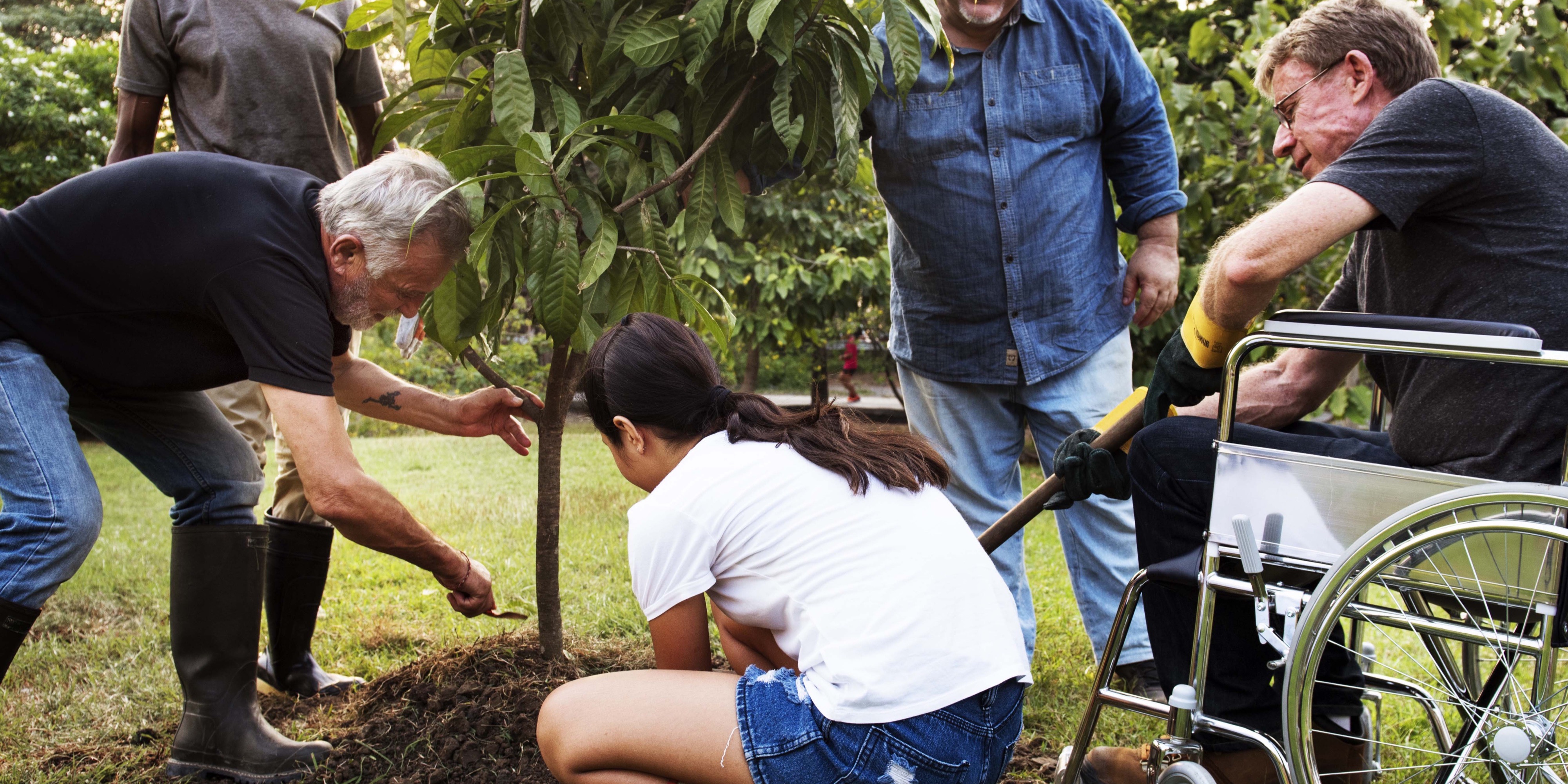
As consumers increasingly demand transparency around their favorite brands’ environmental and community impacts, social responsibility initiatives have become central to many organizations’ core values.
Social responsibility refers to a company’s commitment to ethical practices, and generally encompasses the development of solutions-driven initiatives meant to address relevant social or environmental issues.
-
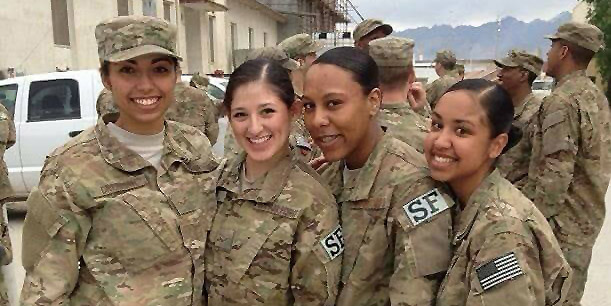
Aimee Bravo, Air Force Security Forces Specialist and graduate of the USC Suzanne Dworak-Peck School of Social Work, reflects on her hopes for breaking the stigma surrounding mental health in the military.
After obtaining its first aircraft in 1909, the United States founded the Aeronautical Section of the Signal Corps. The section evolved throughout the years, but it wasn’t until September 18, 1947, that the Air Force became a distinct branch of the U.S. military under the Department of Defense (DoD).
-

-
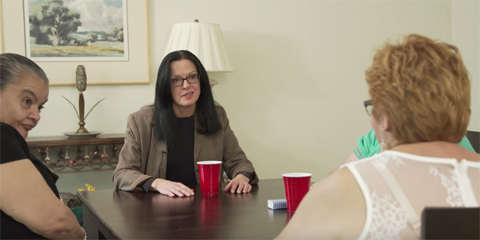
Suzanne Wenzel has devoted years to studying homelessness – in particular, how putting a roof over someone’s head can improve their entire well-being. However, a new report from the National Academies of Science, Engineering and Medicine concluded there’s not been nearly enough research done on the topic.
-

Service men and women who feel disenfranchised may be prone to extremist ideologies and violent behavior, according to emergent research.
-

The 45-page report from the USC Suzanne Dworak-Peck School of Social Work’s Sexual Harassment Task Force was meant to spark dialogue and a longer process of cultural change. But in the month or so since its publication, many already have found ways to implement some of the recommendations.